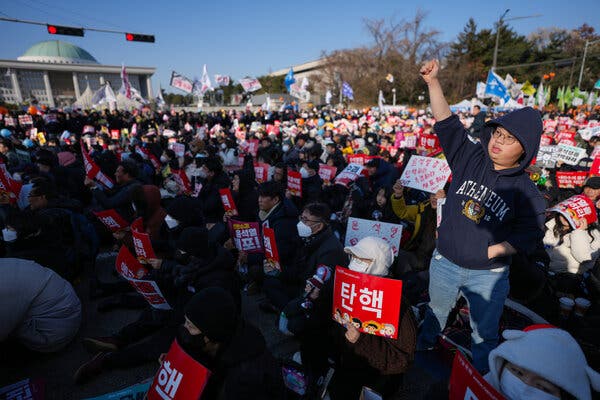Disasters in the small Himalayan nation have become more frequent as the effects of climate change increase.

At least 66 people have died and 69 were missing in Nepal after incessant monsoon rains unleashed flooding and landslides across the small Himalayan nation, which has been increasingly pummeled by the effects of climate change.
Rescue operations were underway for thousands of people, Nepali officials said on Saturday. At least 60 have been injured, and the death toll was expected to rise, the officials said.
More than half of the dead were from the Kathmandu Valley, which includes Kathmandu, the capital. Highways into the city were closed.
Binod Ghimire, a senior superintendent of police, said that more than 5,000 police personnel equipped with helicopters, rafts, ropes and vehicles had been deployed for rescue operations.
Rescuers have evacuated more than 3,000 people, but flooding victims complained of delays. A video circulating on social media showed people who were swept away by the floods after waiting on the roof of a hut for hours.
Many parts of the country were without power. “Several districts are disconnected from communication, so we are struggling to compile loss of lives and properties,” said Dan Bahadur Karki, a spokesman for the Nepal Police.
The authorities asked people to stay indoors if possible. The rainfall was expected to stop by Sunday.
The flood disaster occurred just as Nepalis were preparing to celebrate the Hindu festival of Dashain, which is scheduled to begin on Thursday. Hindu devotees travel for days to far-flung villages to obtain the blessings of their elders.
Nepal, with a population of about 30 million, is the fourth-most-vulnerable country to climate change, according to UNICEF. In recent years, the frequency of disasters — including the bursting of glacial lakes as temperatures rise — has increased, claiming more lives.
Local news media, citing the National Disaster Risk Reduction and Management Authority, recently reported that 225 people have died and 49 have gone missing in disasters related to the monsoon season, which runs from June to September.



